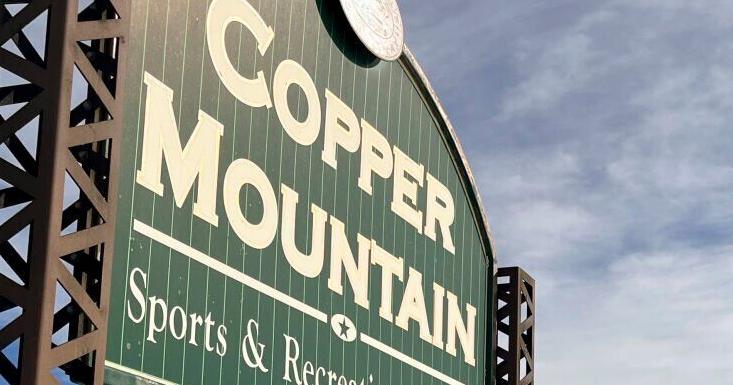The Copper Mountain Sports and Recreation Complex in Butte is situated on top of a Superfund wastes repository that has been engineered as a cap. This serves a practical purpose for land that might otherwise have been lost to soil, gravel, clay, and planted grasses, with fences and signs preventing entry.
Recently, the EPA confirmed that seeps discovered on private property downhill from the repository beneath the recreation complex were likely contaminated with metals.
These seeps were traced back to the Clark Tailings Consolidated Waste Management Area, forming pools on private property.
Under federal Superfund law, Atlantic Richfield/BP is responsible for managing the repository and stated they were “investigating the performance of the waste management area” as per the Butte Priority Soils Consent Decree.
People are also reading…
Atlantic Richfield stated that after completing the investigation, they would develop a site model to guide future remedial design at the Copper Mountain site.
When contacted for an update, Atlantic Richfield/BP did not respond by the deadline set by The Montana Standard.
The EPA shared a statement from spokeswoman Mackenzie Meter, outlining that Atlantic Richfield is continuing their investigation at the Copper Mountain site to understand the seepage’s impact on groundwater, soils, and surface waters.
Performance of waste management areas has become a concern for many residents of Butte-Silver Bow County, especially as efforts are underway to identify repositories for contaminated materials from the Silver Bow Creek Corridor, potentially including the Berkeley Pit.
The Copper Mountain repository lacks a liner but utilizes a cover system to prevent water infiltration from rain and snowmelt. This system includes topsoil, gravel, and clay to redirect water away from the tailings.
Constructed in 1998, the repository and waste management area support the Copper Mountain Sports and Recreation Complex, which opened in 2001. Preliminary data suggests that the water seeping from the repository contains metals due to the impacted soils received from various sources.
Future excavations are expected to yield similar volumes of waste, with Atlantic Richfield estimating locations for these repositories in collaboration with Butte-Silver Bow.
While potential opposition arises from residents worried about proximity and heritage concerns, plans for the repository locations are being carefully considered.
Throughout this process, EPA oversight and various analyses will guide the actions to be taken at the Copper Mountain site.





